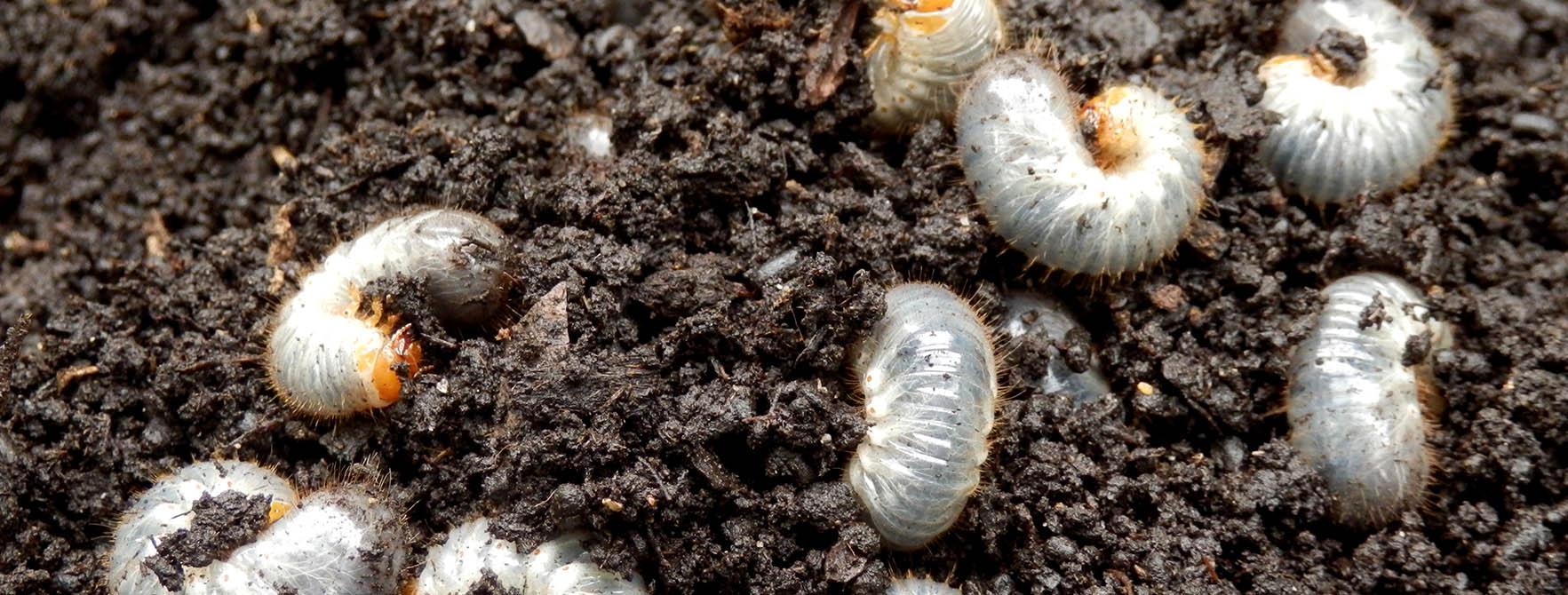In order to understand what to do regarding grubs, you need to learn about them. A lot of grubs are what we call Japanese beetles, although a couple of are concealed chafers. They both look similar, as well as have a comparable life process. Grown-up beetles of both kinds show up in June as beetles that fly about, chomping on decorative bushes as well as roses. They mate and after that, the women search for beautiful, irrigated yards in which to lay eggs in mid-July. The eggs are hatched in early August, as well as the new grubs, start eating the yard origins. In November, they tunnel deeper inside the ground for the Winter months. The grubs start coming back as much as the surface area in early May as well as eat a little bit longer. In early or mid-June, the grubs produce a ground “cocoon” in the ground and get transformed into beetles that come out from the dirt as well as begin the process once again.
If you are wondering about the Best Lawn Grub Killer, please follow the link.
Other facts
Grubs in lawns do damages by cutting off turf plant origins. The yard plant reacts by expanding new origins, but in the meantime, the plant is more susceptible to moisture anxiety if it does not have rain. So, methodologically, grubs do not eliminate or damage a lawn; a lack of water does. Japanese as well as concealed chafer beetles’ populaces change yearly as well as are extremely mobile. All lawns, anywhere, have some grubs annually.
Recently hatched out grubs are big feeders! Grubs feed the most over the Autumn as well as gradually less as they grow in the Springtime. Actually, when grubs are almost ready to change into beetles, they quit consuming. “Fully grown” grubs are really tough to eliminate with pesticides as well as why trouble attempting due to the fact that they are not eating anything at this phase in growth!
Why you should not reach for the pesticide
There are two different kinds of killer grubs readily available. One kind eliminates the grubs after hatching and another eliminates older grubs. Many individuals put on insecticides in May for grubs that will hatch out in August, believing they are most likely to eliminate the grubs they have. This is wrong. That kind of pesticide only works with hatching eggs, not the young grubs. Also, many individuals are applying pesticides in June believing they will eliminate the grubs they have. This is wrong too, since the grubs are too big, as well as or are protected by their “cocoon.”

